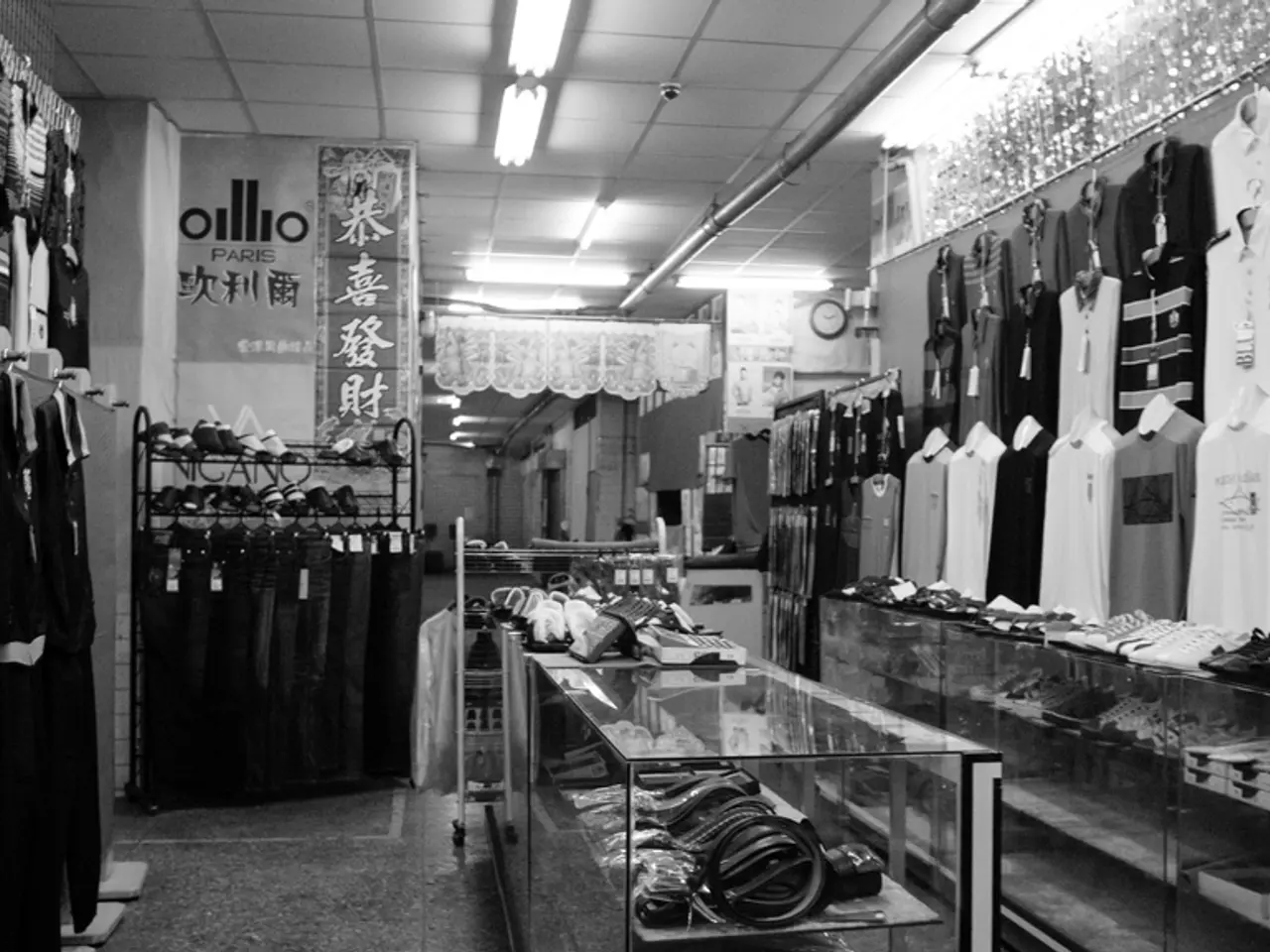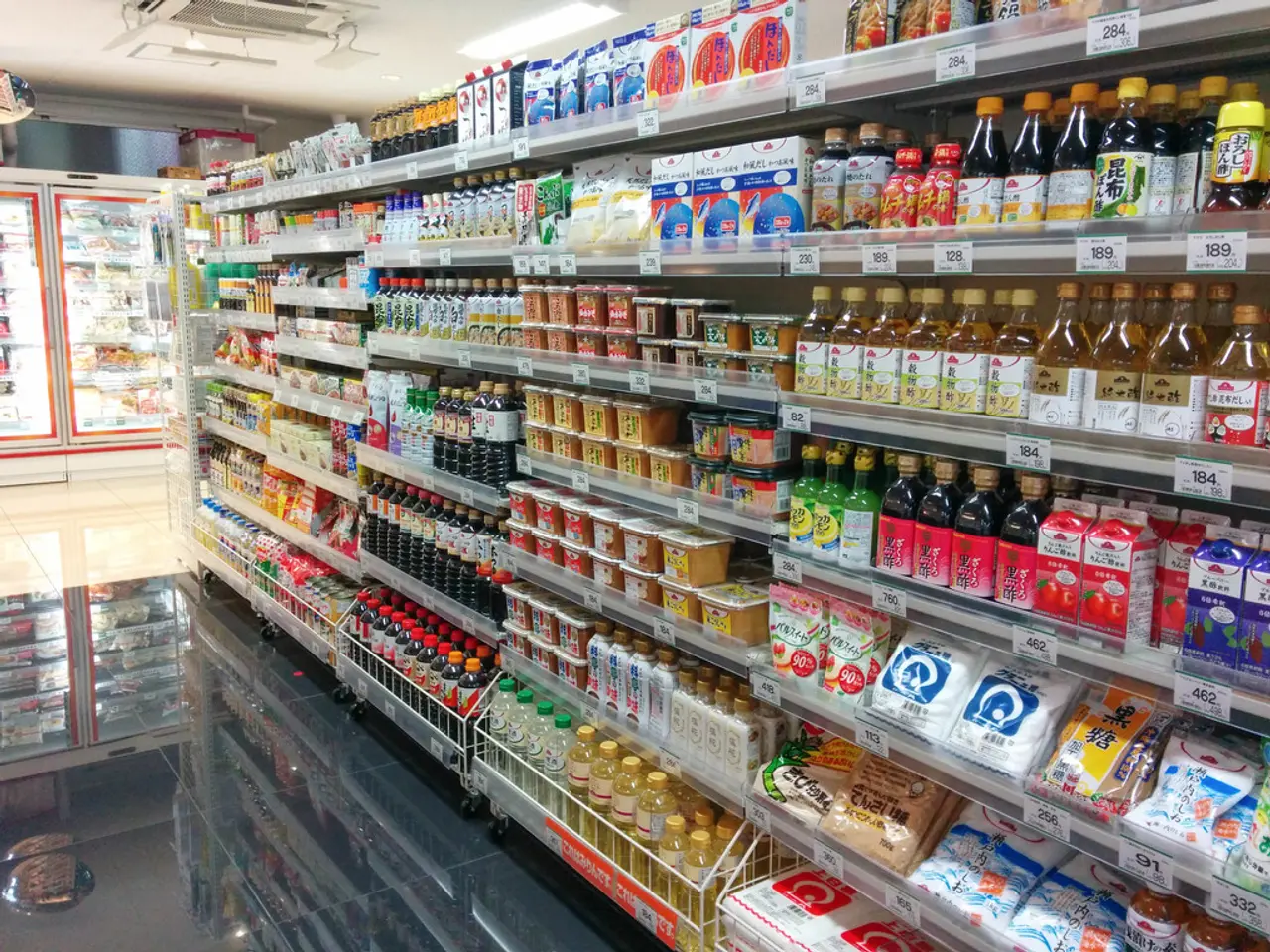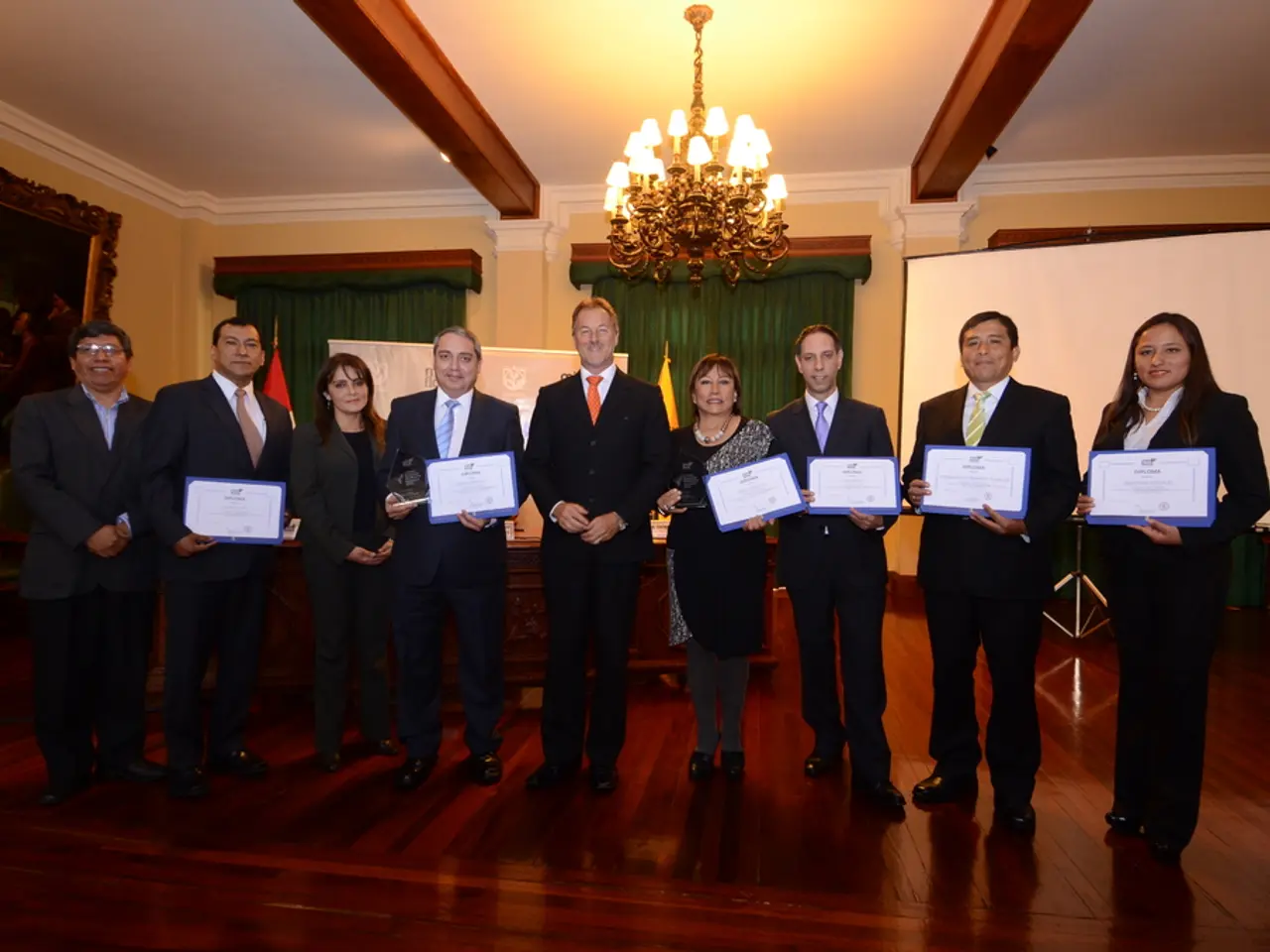Proposals Already Tabled by the Commission
In a significant move towards ensuring transparency and legality in the fashion industry, the Protocol for the Legality of Contracts in the Fashion Production Chains was signed on May 26. This initiative, promoted by the Milan Prefecture, Lombardy Region, and Milan Tribunal, aims to create a more transparent and legal supply chain in the fashion sector.
The protocol plays a fundamental role in the process, with participating brands taking on responsibilities such as encouraging supplier participation and conducting audits. Major industry associations, including the Italian National Chamber of Fashion and Confindustria Moda, have signed the protocol, suggesting a non-strict territorial scope that allows companies beyond Lombardy to participate.
Authorised operators, including sector brands, will have access to the platform's details, which establishes a system for voluntary company registration. This platform provides information about production chains, including details on tax, wage, fiscal, and workplace health and safety matters. Brands are explicitly tasked with encouraging their suppliers to join the system and conducting strict chain audits.
However, the agreement has limitations. Its voluntary nature, limited territorial scope, and the difficulty in monitoring the entire supply chain pose challenges. Arnaldo Bernardi, a leading Italian lawyer, confirms these limitations, particularly regarding the implementation of controls along the supply chain.
The complexity of fashion supply chains, often involving multiple tiers, makes it difficult to monitor and ensure legality across all levels. The reliance on voluntary protocols can lead to inconsistent application across different companies and regions, potentially creating legal gaps and challenges in enforcement. Supply chains are increasingly global, involving different jurisdictions with varying legal requirements, which complicates oversight.
Ensuring compliance with local laws across different countries can be complex. For instance, modern slavery reporting laws and environmental regulations vary significantly by jurisdiction. Aligning with international standards for responsible business conduct, such as those related to human rights and environmental sustainability, requires companies to navigate diverse legal frameworks.
Implementing and maintaining compliance can be costly, which may deter smaller companies or those with limited resources from participating in voluntary protocols. Engaging stakeholders, including suppliers and customers, in compliance efforts can be time-consuming and may require significant resources.
The fashion industry faces a rapidly changing regulatory environment, with new laws and updates to existing ones. Companies must be adaptable to changing regulations, which can be challenging, especially for smaller entities or those with less resources.
In conclusion, while specific details about the Protocol for the Legality of Contracts in the Fashion Production Chains are not available, the broader challenges in monitoring supply chains and ensuring legality in fashion production are significant. These challenges include the complexity of global supply chains, the voluntary nature of many compliance protocols, jurisdictional issues, and the dynamic regulatory environment. Despite these challenges, the initiative signifies a step forward in promoting transparency and legality in the fashion industry.
[1] Global Fashion Agenda. (2020). Pulse of the Fashion Industry 2020. Retrieved from https://global-fashion-agenda.com/pulse-of-the-fashion-industry-2020/ [2] OECD. (2018). Due Diligence Guidance for Responsible Supply Chains of Minerals from Conflict-Affected and High-Risk Areas. Retrieved from https://www.oecd.org/daf/inv/mne/mne-due-diligence-guidance-for-responsible-supply-chains-of-minerals-from-conflict-affected-and-high-risk-areas-9789264291301-en.htm [3] UNICEF. (2020). Children's Rights and Business Principles. Retrieved from https://www.unicef.org/corporate/resources/childrens-rights-and-business-principles [4] European Commission. (2019). Product Liability Directive. Retrieved from https://ec.europa.eu/growth/single-market/european-single-market/product-liability_en
- The Protocol for the Legality of Contracts in the Fashion Production Chains, despite its limitations, encourages participating brands to work towards a more transparent and legal fashion industry, including tasks like encouraging supplier participation and conducting audits, as well as promoting business practices that align with international standards on human rights and environmental sustainability.
- As the fashion industry evolves and faces a rapidly changing regulatory environment, finance plays a crucial role in enabling businesses to stay compliant with local laws across different countries, manage costs associated with implementing and maintaining compliance, and engage effectively with stakeholders, thereby contributing to a more sustainable and ethical lifestyle.




